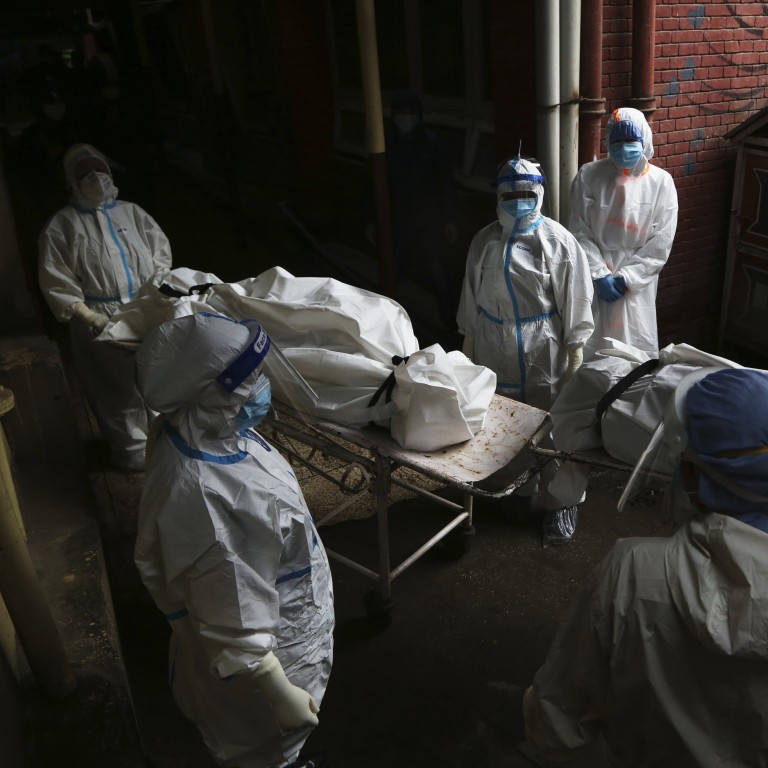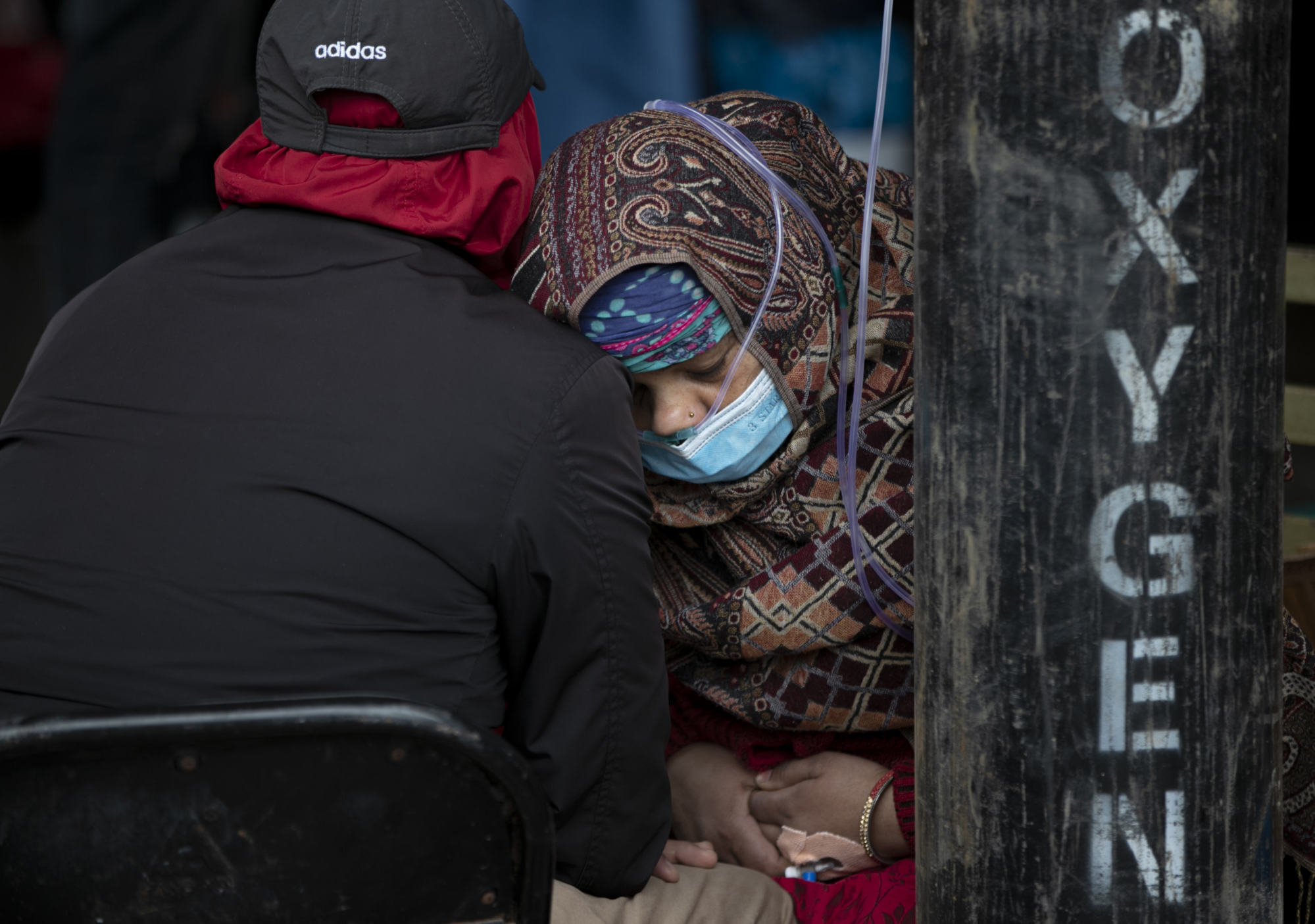
As the coronavirus batters their homeland, Nepalis in Hong Kong look to help
- ‘We are safer in Hong Kong, so why not do something for Nepal?’ says Sanjaya Rai, who has helped raise more than HK$278,000 to buy medical equipment
- Indra Gurung, who has also launched a fundraiser, says she cannot ignore crisis in the country: ‘They didn’t even have Panadol. That made me cry’
Safe in Hong Kong, Rai worried about his relatives in Nepal as the pandemic there worsened. Watching the virus rampage across the country, killing thousands and leaving hospitals overwhelmed, he decided to take action.
Rai and another Nepali approached the Gurkha Cemeteries Trust, a local charity dedicated to promoting Gurkha culture in Hong Kong, and initiated a campaign seeking to raise HK$300,000 (US$38,649) by the end of this month. The money will go towards buying much-needed medical equipment for Nepalese hospitals.
Climbing guide says at least 100 people infected with coronavirus on Mount Everest
“We are safer in Hong Kong, so why not do something for Nepal?” he said. “By simply delivering five pieces of medical equipment to each hospital, we can help save lives.”
Nepal has so far recorded more than 600,000 coronavirus infections and 8,000 deaths.
Amod Rai, secretary of the Gurkha Cemeteries Trust, said the money would buy ventilators and oxygen concentrators for hospitals in worst-hit areas in Nepal. The fundraiser, which started on May 18, had already raised more than HK$278,000, and 50 portable ventilators – bought at a cost of about HK$130,000 – had already been shipped to Nepal, Rai said.

Hong Kong is home to nearly 25,500 Nepalis, according to a 2016 by-census, and as the devastation back home spurred the local community into action, their neighbours have chipped in too. Amod Rai said more than 60 per cent of the money raised so far was donated by Chinese Hongkongers.
“Hongkongers are generous,” he said. “This fundraiser has also helped bring diverse groups of people, including us Nepalis and local Chinese, together.”
Amod Rai, 41, who came to Hong Kong in 1997, said his organisation would continue working to support Nepal’s recovery after the pandemic was over by funding mental and social support initiatives there.
Fellow Nepali Indra Gurung, 47, launched a fundraiser on June 4 with the support of the country’s consulate and Om Namo Buddha Mother Committee Centre Nepal (HK) Limited. She said she hoped to raise HK$100,000 by July 24 and donate the money to the Nepalese government to purchase medical supplies for Covid-19 patients.
China promises to give Nepal a million Covid-19 vaccines as it seeks to cement closer ties
“They didn’t have medicines. They didn’t even have Panadol. That made me cry,” she said.
If the pandemic situation in Nepal improved before then, she said, the money raised would go towards social services in Hong Kong instead.
Leo Chu Tsz-lok, a district councillor for Yau Tsim Mong, which is home to many Nepalis, said unlike the city’s Indian community, which had prominent leaders who launched several fundraisers for their country, the less visible Nepalese community faced difficulties raising funds.
“I hope this can raise public awareness that not only some particular countries are facing the pandemic, but many small countries are also suffering,” he said.

